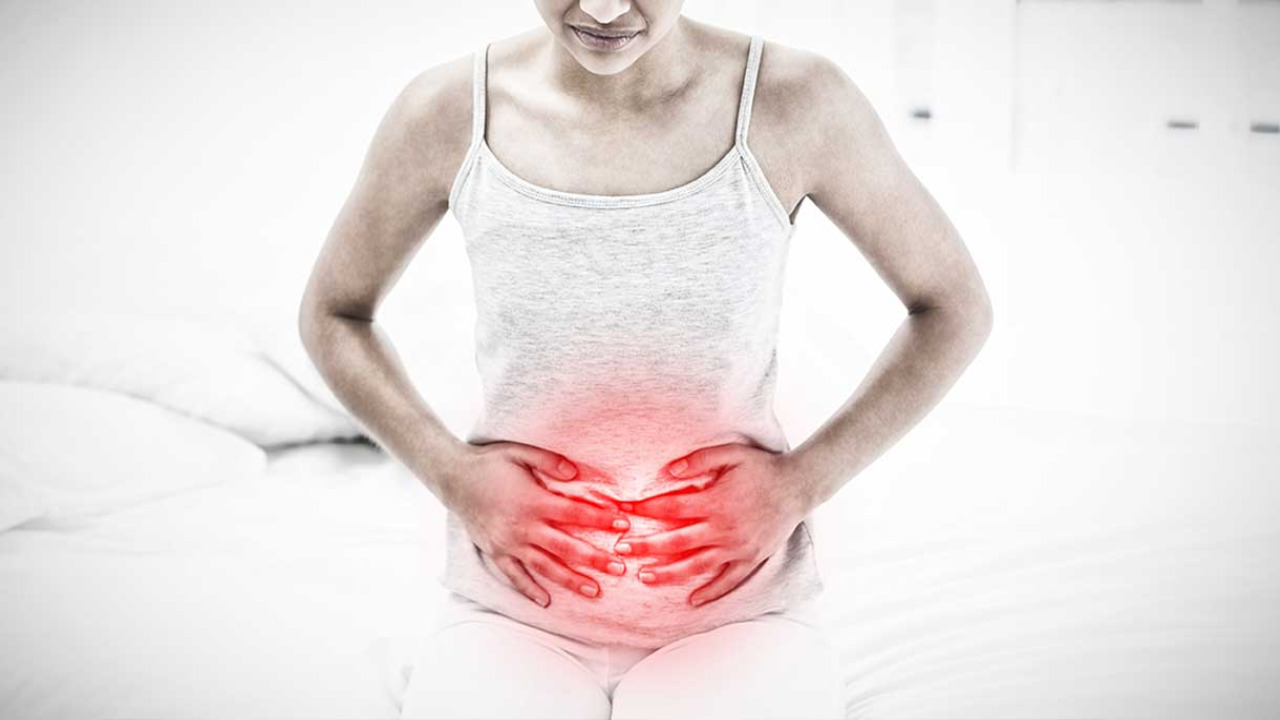Women’s health is a crucial aspect of overall health and well-being. Despite medical advances and increased awareness, women still face several health issues that are unique to their gender. Here are some of the most common women’s health issues that everyone should know about.
Menstrual problems

Menstrual problems such as heavy bleeding, painful cramps, and irregular periods are common among women. These issues can be caused by hormonal imbalances, uterine fibroids, polyps, or endometriosis. Women should consult with their healthcare provider if they experience persistent menstrual problems. Besides, taking supplements by S’moo can also help manage the symptoms.
Urinary tract infections (UTIs)
Women are more prone to UTIs than men because of their anatomy. The short urethra in women allows bacteria to reach the bladder more easily, leading to infections. UTIs can cause painful urination, frequent urination, and lower abdominal pain. It’s important to seek medical attention if you suspect a UTI, as the infection can spread to the kidneys and cause serious complications.
Breast cancer

Breast cancer is the most common cancer among women worldwide. Women should perform regular breast self-exams and get mammograms as recommended by their healthcare provider. Early detection and treatment can significantly improve the chances of survival.
Osteoporosis
Osteoporosis is a condition that causes bones to become weak and brittle, leading to an increased risk of fractures. Women are more prone to osteoporosis than men, especially after menopause. Eating a healthy diet rich in calcium and vitamin D and engaging in weight-bearing exercises can help prevent osteoporosis.
Polycystic ovary syndrome (PCOS)
Polycystic ovary syndrome (PCOS) is a common hormonal disorder affecting women of childbearing age. It can cause irregular periods, excessive hair growth, acne, and weight gain. Women with PCOS may also have trouble getting pregnant. Treatment options include birth control pills, diabetes medication, and fertility treatments.

Depression and anxiety
Women are twice as likely to experience depression and anxiety as men. Hormonal changes during the menstrual cycle, pregnancy, and menopause can contribute to mood swings and anxiety. Women should seek medical help if they experience persistent feelings of sadness, hopelessness, or anxiety.
Autoimmune diseases
Autoimmune diseases such as lupus, multiple sclerosis, and rheumatoid arthritis are more common in women than in men. These conditions occur when the immune system attacks healthy cells in the body. Symptoms can range from mild to severe and can affect various organs in the body. Treatment options depend on the specific condition and may include medications, lifestyle changes, and surgery.
Sexual and reproductive health
Women’s sexual and reproductive health includes a wide range of issues such as pregnancy, childbirth, contraception, and sexually transmitted infections (STIs). It’s important for women to have access to comprehensive sexual and reproductive health services and education.
Conclusion
In conclusion, women’s health issues are diverse and complex. Regular check-ups with healthcare providers, a healthy lifestyle, and self-care can help prevent or manage many common women’s health issues. Women should always seek medical attention if they experience persistent or concerning symptoms.
